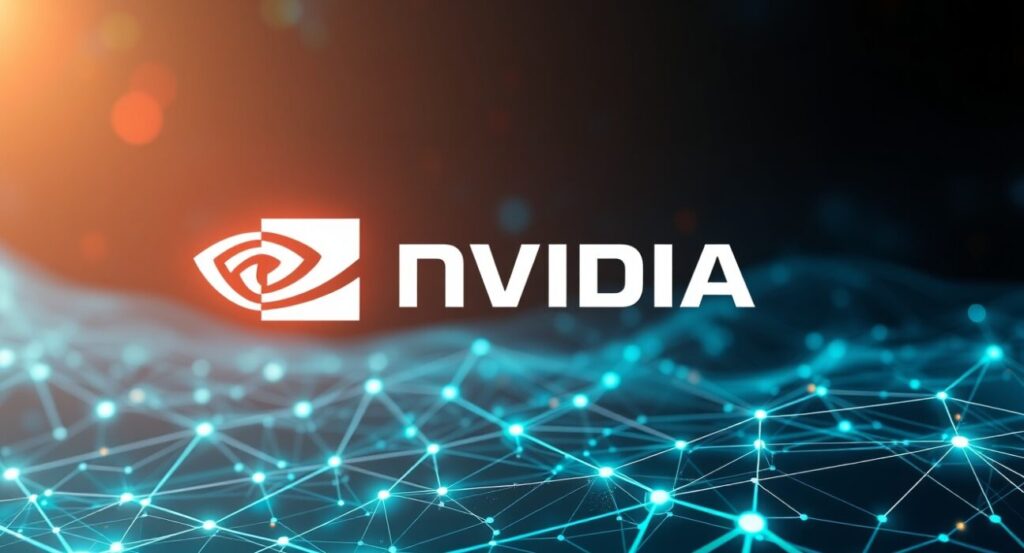Nvidia is reportedly in advanced negotiations to invest up to $1 billion in Poolside, a rapidly growing AI startup focused on building intelligent coding assistants and developer tools. The potential deal marks one of Nvidia’s largest private investments in an AI company, signaling its deeper expansion beyond hardware into the software ecosystem powering artificial intelligence development.
Nvidia Expands Its AI Footprint
If finalized, the investment would strengthen Nvidia’s foothold in the AI-driven software development market. The chipmaking giant, already dominating the AI hardware sector with its powerful GPUs, appears keen on integrating vertically—spanning from chips and cloud computing to the software tools used by developers. This strategy could reinforce Nvidia’s leadership as demand for AI infrastructure and automation tools continues to accelerate globally.
Poolside’s AI-Driven Coding Platform
Founded with the mission to enhance developer productivity, Poolside specializes in generative AI systems capable of writing, debugging, and optimizing code. Its technology helps software engineers automate repetitive tasks, reduce development time, and enhance code quality. The startup’s tools have gained traction among developers and enterprise clients looking to harness AI for large-scale software creation.
Strategic Value of the Deal
Nvidia’s investment would not only boost Poolside’s valuation but also grant the startup access to Nvidia’s AI computing platforms and developer ecosystem. By integrating Poolside’s tools with its accelerated computing technologies, Nvidia aims to create a seamless bridge between AI-powered coding assistance and its hardware dominance, potentially redefining the future of developer workflows.
Industry Perspective
Analysts view the potential deal as part of Nvidia’s broader ambition to dominate the AI toolchain—from chip design and data center infrastructure to machine learning frameworks and now, software development. As competition intensifies among tech giants to control the AI stack, partnerships like this could help Nvidia maintain its leadership amid rising challenges from rivals like AMD, Intel, and specialized AI startups.
Looking Ahead
While details of the negotiation remain private, the move underscores a critical shift in the AI landscape: the convergence of hardware and intelligent software platforms. Should the deal proceed, it could mark a transformative step for both companies—empowering developers with advanced AI tools and solidifying Nvidia’s role as the central force behind the next generation of software engineering.

